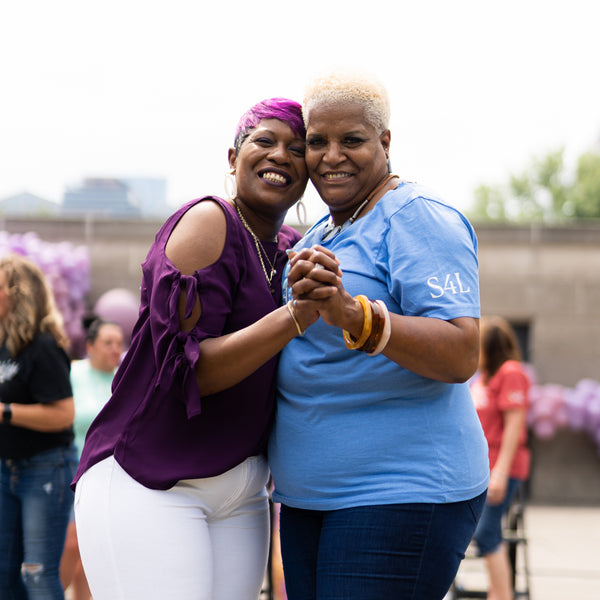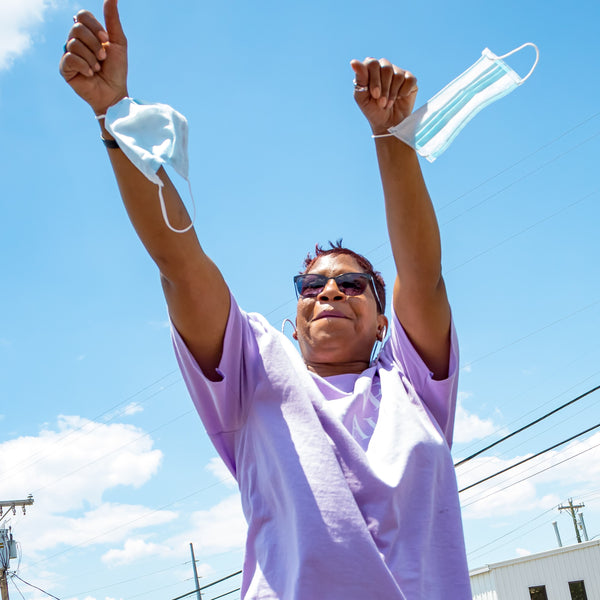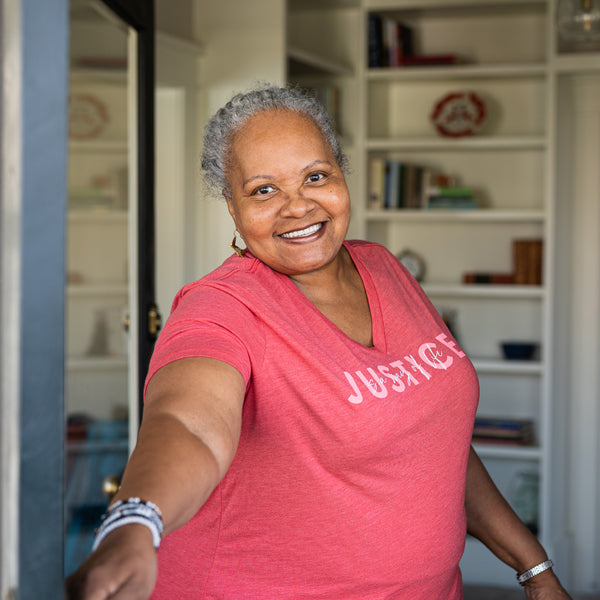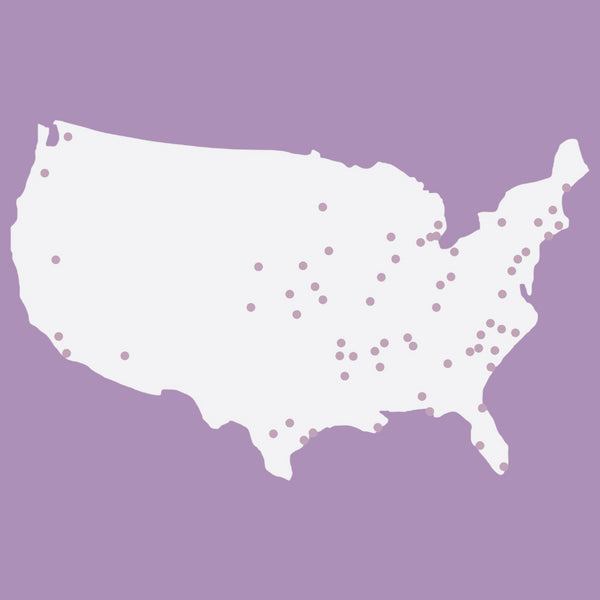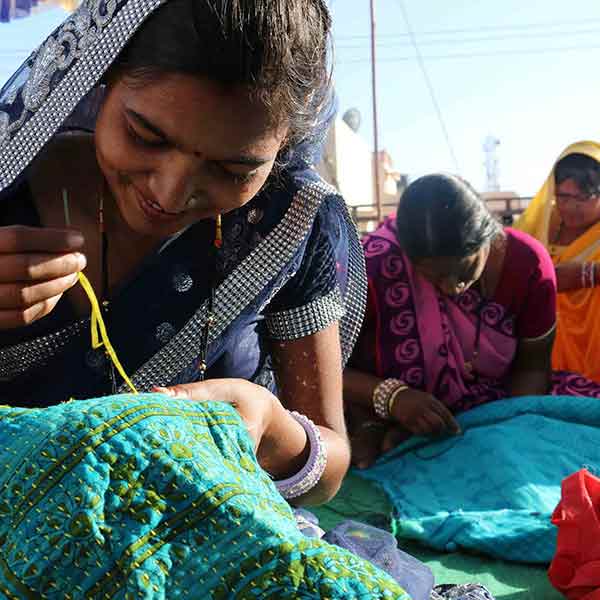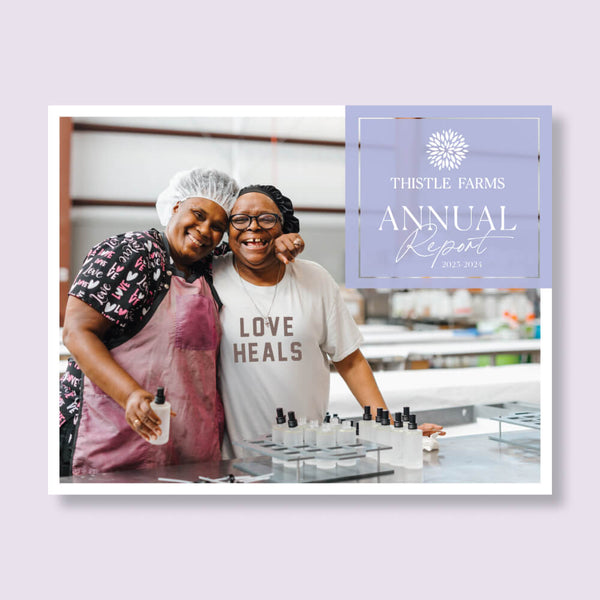Shutdown of Sex-Trafficking Websites Long Overdue
I CRIED with joy when I learned the King County Sheriff’s Office, the Bellevue Police Department, the King County Prosecuting Attorney’s Office and the FBI shut down one of the longest-running sites promoting prostitution in the Northwest.
I know it’s one of the oldest online sites because more than a decade ago my body was being sold on it.
This website allows sex buyers to review women they have bought, encourages other men to do the same, and it does nothing to reduce the harm to these women. Reviews include such details as whether the women matched their pictures, to prices for each sex act or hour, thinly veiled in board lingo as “donations.”
The aftermath of this site’s justified takedown spurred a frenzy within the community of Seattle “sex workers” and buyers. Meetings were held, prostituted women with plastered-on smiles were deployed to talk to the media, while buyers canceled their appointments left and right.
I could not have been happier on that last point. I actually cried when I heard the news The Review Board site was taken down. It was like hearing that my pimp and all the men who had ever bought me had been felled in a single swoop.
That’s what it feels like to be an online sex worker: Years later, you start realizing that slavery does not have to include chains. Rather, you can be caged just as strongly by digital 1s and 0s.
I watched as a Twitter storm ensued. A few sex workers, upset by the site’s closure, pitted themselves against survivors applauding its takedown, and the Internet was suddenly a battlefield of insults and crazed yelling. I realized that when the dust settled, the general public (yes, you) might not have a clue what happened or even whose side to stand on.
So I’m going to clarify this fight for you. Survivors are those who have escaped prostitution and have had time and distance from it. They are the ones looking back at their pasts and wondering how to move forward into the future. Sex workers believe they are empowered within prostitution, as if laying on our backs is the highest level any woman could hope to achieve.
Sex workers would have the public believe the website was a tool to screen out potentially dangerous buyers. I can say from personal experience that these women are losing nothing. The online sites do not help women screen buyers. Rather, they turn women into objectified commodities to review as one would review a washing machine.
The online boards do not keep women safe. If a buyer had a bad day, there is nothing stopping him from taking it out on the women they buy since they see them as an object. No board ever kept me safe from violence. Whether you are on the street or online, violence is always present.
The key difference between the sex workers and us, the survivors, is a very simple one: Sex workers see survivors as the enemy; survivors, on the other hand see sex workers as our sisters. We see them going through the same pain we went through. We see them fast-forwarded by years every time we look in the mirror, and we understand that sometimes you must convince even yourself that the only option is to remain a sex worker.
We, the survivors, are not interested in debating or slinging insults. We are only interested in making sure we will be available when they need us. The difference between us is that in 10 years I will still be here waiting for them. I will gladly embrace them as my sisters and perhaps we will both look back on this and laugh someday. But until then, they may throw whatever insult they may have at me, but I will not go away. I will not condemn them to the fate I had of trying to leave the life on my own.
If you, the public, have seen this sex worker versus survivor debate, know that it is just a cover that allows perpetrators — traffickers, pimps and the sex buyers — to continue that violence against us.
If you are new to this debate, I implore you to look past that fight. See that the true perpetrators who are benefiting from our squabbling are the sex buyers who remain in the shadows.
